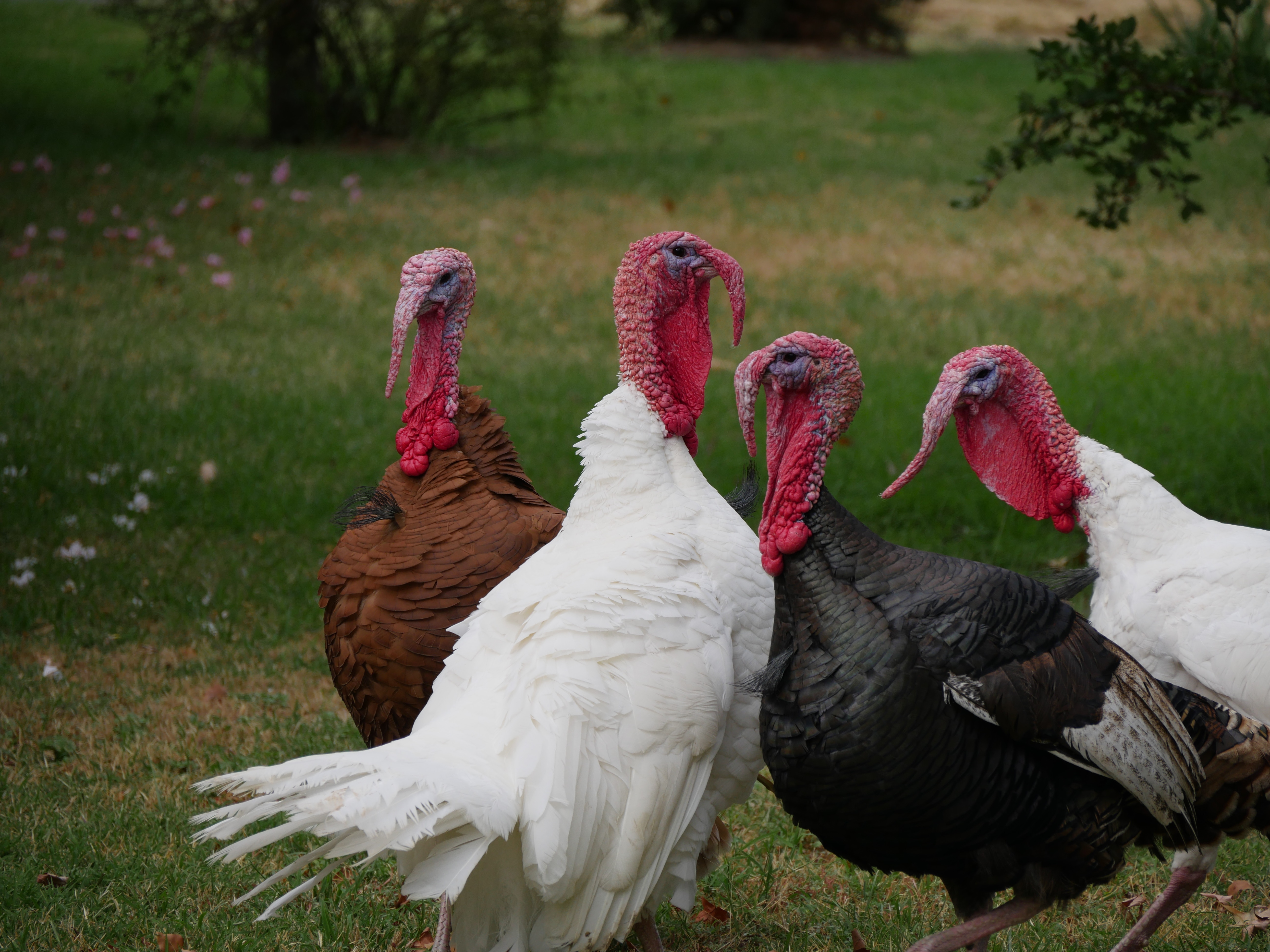 Perhaps you had to memorize every preposition (there are well over 100) when you were in junior high school, but have you ever thought about the importance of these “little” words? Prepositions are little words with a big purpose: they show relationships of time, place, and space.
Perhaps you had to memorize every preposition (there are well over 100) when you were in junior high school, but have you ever thought about the importance of these “little” words? Prepositions are little words with a big purpose: they show relationships of time, place, and space.
We might call them “glue” words because they bring other words together in ways that create meaning. Look at something you’ve read recently and take out the prepositions. Here is an example of a sentence written with and without prepositions:
They may be generally small in letters, but prepositions are important words that give great meaning for time and place relationships among actions, objects, and ideas. It’s important to distinguish if you are throwing a ball to someone or at someone. Did you want your sandwich with or without onions? Do you need that zombie fort built at the end of summer or before the end of summer?
Even though they are small words, prepositions can be difficult—particularly for someone learning English—because their use isn’t always logical. As an example, most mid-Westerners speak of standing in line, but many on the East coast speak of standing on line. It would be a lot of fun and quite enlightening to write some sentences using some of the prepositions on the following page and then comparing those sentences with a friend from a different part of the country.
